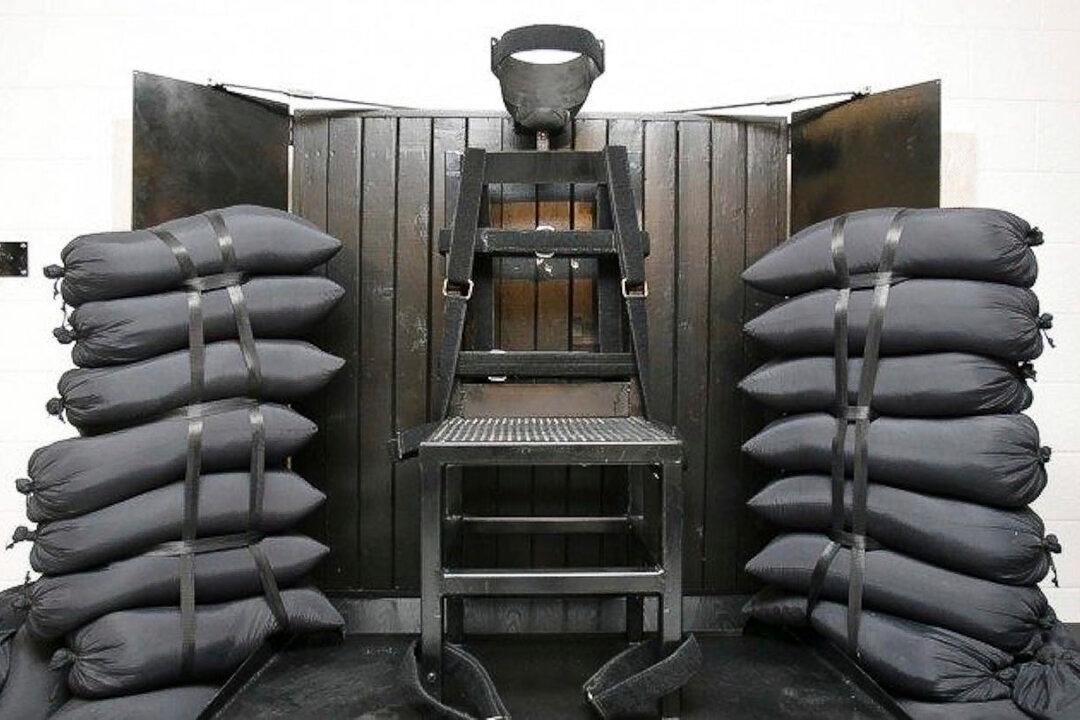As states have struggled to acquire the medications used since the 1990s to put inmates to death via lethal injection, the landscape for having a method of execution that can be carried out has been complex in the United States.
This week, the South Carolina Supreme Court heard oral arguments in a case in which death-sentenced prisoners challenged the state’s electrocution and firing squad execution methods as unconstitutional, citing the Eighth Amendment of the United States Constitution and the state’s own Constitution, which prohibits cruel and unusual punishment, with the addition of corporal punishment for the latter.





